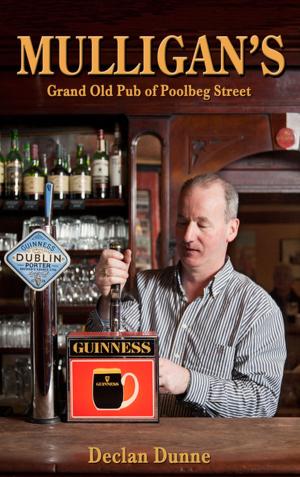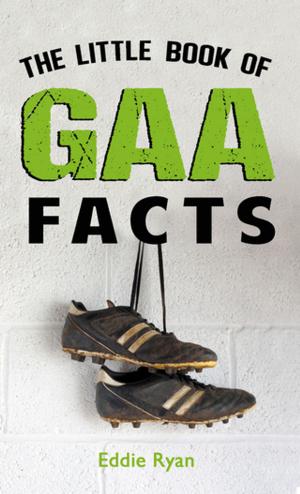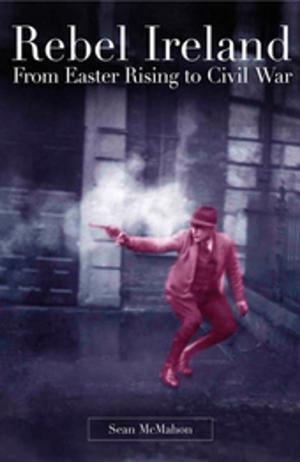| Author: | Mr William Henry | ISBN: | 9781856358460 |
| Publisher: | Mercier Press | Publication: | May 14, 2009 |
| Imprint: | Mercier Press | Language: | English |
| Author: | Mr William Henry |
| ISBN: | 9781856358460 |
| Publisher: | Mercier Press |
| Publication: | May 14, 2009 |
| Imprint: | Mercier Press |
| Language: | English |
The tragic tale of the sinking of the famine ship, the St. John in Massachusetts Bay in 1849. The Great Irish Famine drove huge numbers of Irish men and women to leave the island and pursue their survival in foreign lands. In 1847, some 200,000 people sailed for Boston alone. Of this massive group, 2,000 never made it to their destination, killed by disease and hunger during the voyages, their remains consigned to a watery grave. The sinking of the brig St. John off the coast of Massachusetts in October 1849, was only one of many tragic events to occur during this mass exodus. The ship had sailed from Galway, loaded with passengers so desperate to escape the effects of famine that some had walked from as far afield as Clare to reach the ship. The passengers on the St. John made it to within sight of the New World before their ship went down and they were abandoned by their captain, who denied that there had been any survivors when he and some of his crew made it ashore. For those who died in the seas off Massachusetts, there was nothing to mark their last resting place; no name, no memory of them ever having existed, just another statistic in a terrible tragedy.
The tragic tale of the sinking of the famine ship, the St. John in Massachusetts Bay in 1849. The Great Irish Famine drove huge numbers of Irish men and women to leave the island and pursue their survival in foreign lands. In 1847, some 200,000 people sailed for Boston alone. Of this massive group, 2,000 never made it to their destination, killed by disease and hunger during the voyages, their remains consigned to a watery grave. The sinking of the brig St. John off the coast of Massachusetts in October 1849, was only one of many tragic events to occur during this mass exodus. The ship had sailed from Galway, loaded with passengers so desperate to escape the effects of famine that some had walked from as far afield as Clare to reach the ship. The passengers on the St. John made it to within sight of the New World before their ship went down and they were abandoned by their captain, who denied that there had been any survivors when he and some of his crew made it ashore. For those who died in the seas off Massachusetts, there was nothing to mark their last resting place; no name, no memory of them ever having existed, just another statistic in a terrible tragedy.















